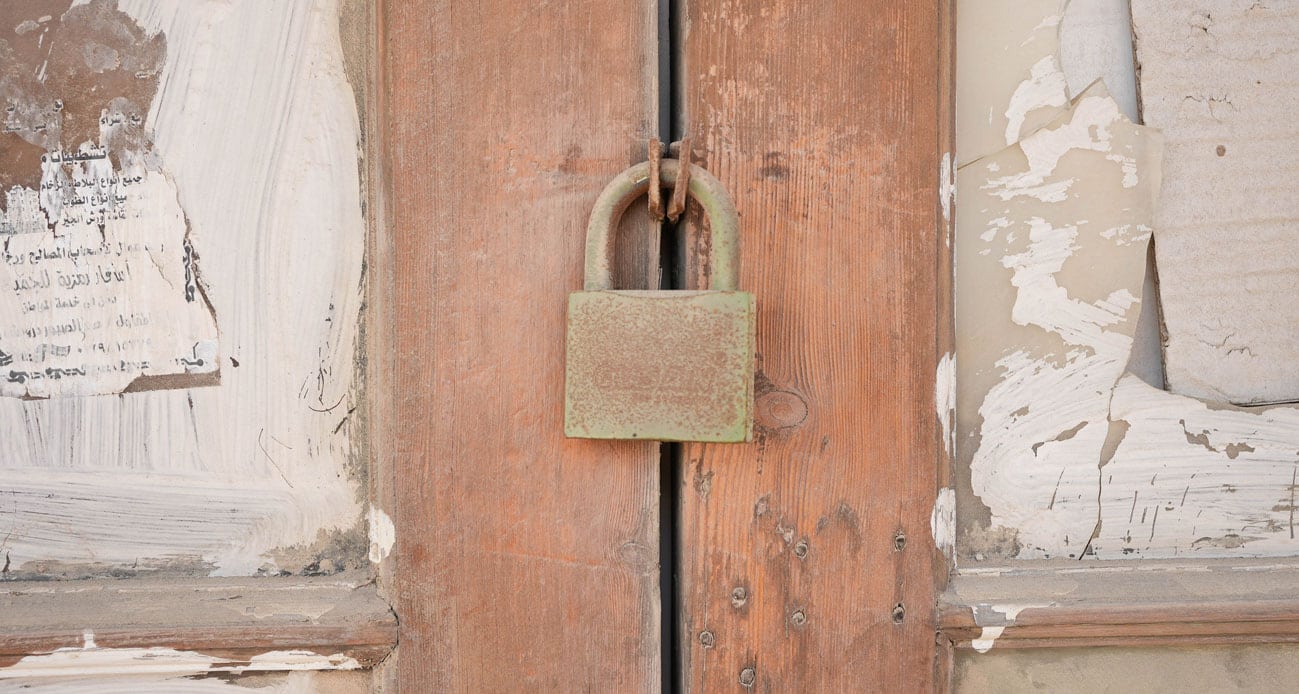
If you’re dealing with a squeaky door, don’t worry. There are several easy solutions to stop your doors from squeaking, and it doesn’t always require a professional handyman. In this post, we’ll go over some of the common causes of squeaky doors and how you can fix them.
The first step to fixing a squeaky door is to identify the cause. In most cases, squeaking is caused by hinges that have become worn or dry over time. Hinges are the parts that attach the door to the frame and allow it to swing open and shut. They come in various types and sizes, and choosing the right one can make all the difference in preventing your doors from squeaking.
Types of Hinges
There are several types of hinges that you can choose from, including butt hinges, continuous hinges, and pivot hinges. Butt hinges are the most common type of hinge and are used for most standard doors. They consist of two plates that are attached to the door and the frame with screws. Continuous hinges, on the other hand, run the entire length of the door and provide greater support and stability. Pivot hinges are a type of hinge that attaches to the top and bottom of the door, allowing it to pivot in and out of the frame.
Sizes of Hinges
When it comes to choosing the right size hinge, it’s essential to consider the weight of the door. Heavy doors will require larger and stronger hinges, while lighter doors can get by with smaller and less durable hinges. Hinges come in a variety of sizes, including 3”, 3.5”, 4”, and 5”, and each size is rated to support a specific amount of weight.
Choosing the Right Hinge
When selecting a hinge, it’s important to consider the type of door you have and its weight. For instance, if you have a heavy wooden door, you’ll want to select a durable hinge, such as a continuous hinge, to support the weight. If you have a lighter door, a butt hinge will suffice.
Another factor to consider when choosing a hinge is its material. Hinges can be made of different materials, including steel, brass, and stainless steel. Steel hinges are the most affordable and commonly used type of hinge, but they can rust over time. Brass hinges are more expensive but are more resistant to rust and corrosion. Stainless steel hinges are the most durable and are ideal for outdoor applications where exposure to the elements is common.
Fixing Squeaky Hinges
If your door is already squeaking, there are a few simple steps you can take to fix it. The first step is to inspect the hinges for any signs of damage or wear. If the hinges are rusted or bent, they will need to be replaced. If the hinges are in good condition, they may just need to be lubricated.
To lubricate your hinges, you can use a silicone-based lubricant or a few drops of oil. Apply the lubricant to the hinge pin and move the door back and forth to distribute it evenly. This should eliminate the squeaking noise.
In some cases, squeaking may be caused by loose screws. If this is the case, simply tighten the screws with a screwdriver to secure the hinges in place. If the screws are stripped or worn, replace them with new ones of the same size.
Be proactive
Squeaky doors can be frustrating, but they are relatively easy to fix. By choosing the right type and size of hinge, you can prevent your doors from squeaking in the first place. Next time you pass a doorway, stop for a moment and listen as the door opens or closes. What you hear tells you a lot about the ‘health’ of the hinges.
If you hear that squeak, you know you’re in for some trouble if you don’t change those hinges right away. Too many doors go to waste because of short-sightedness in understanding the benefits of quality ball bearing hinges. So, if your heavy door doesn’t swing on proper hinges, it’s high time to go change it.







